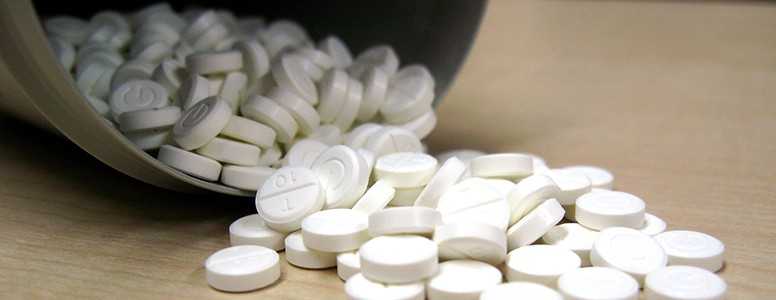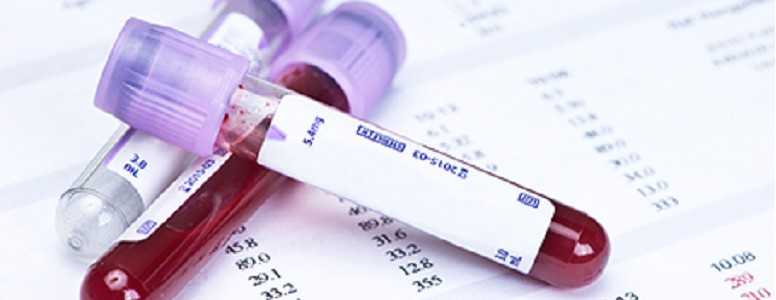Antipsychotic treatment in youth is strongly associated with an increased risk of type 2 diabetes later in life, according to a new meta-analysis.
The study was conducted using data from 13 studies, which cumulatively involved 185,105 young people exposed to antipsychotic treatment. The average age of participants was 14.1 years.
The researchers found that young people treated with antipsychotics had a significantly higher risk of type 2 diabetes than healthy control groups.
“Cardiometabolic adverse effects of antipsychotics tend to appear faster and to a greater extent in youth than in adults,” said Britta Galling, MD, of North Shore-Long Island Jewish Health System, Glen Oaks, New York, and colleagues wrote.
However, the study does not identify a causal relationship. In other words, it did not find that antipsychotic treatment causes type 2 diabetes, only that the two often correlate. The researchers were also unable to identify a possible cause of the relationship between antipsychotic treatment and type 2 diabetes: it could be because of antipsychotic-related weight gain, developmental differences, or another of a possible range of causes.
The researchers call for the increase in type 2 diabetes risk to be taken into account before antipsychotic medication is prescribed.
Galling and colleagues commented: “The results of this meta-analysis indicate an association between antipsychotic treatment and increased risk for the development of [type 2 diabetes] in youth. These risks should be considered in the clinical risk-benefit evaluation when initiating or continuing antipsychotic treatment in this age group. Antipsychotics should be used judiciously and for the shortest necessary duration. Furthermore, routine and proactive monitoring of cardiovascular risk factors should be enforced when prescribing antipsychotics to youth.”
The findings are published in JAMA Psychiatry.
What's new on the forum? ⭐️
Get our free newsletters
Stay up to date with the latest news, research and breakthroughs.






